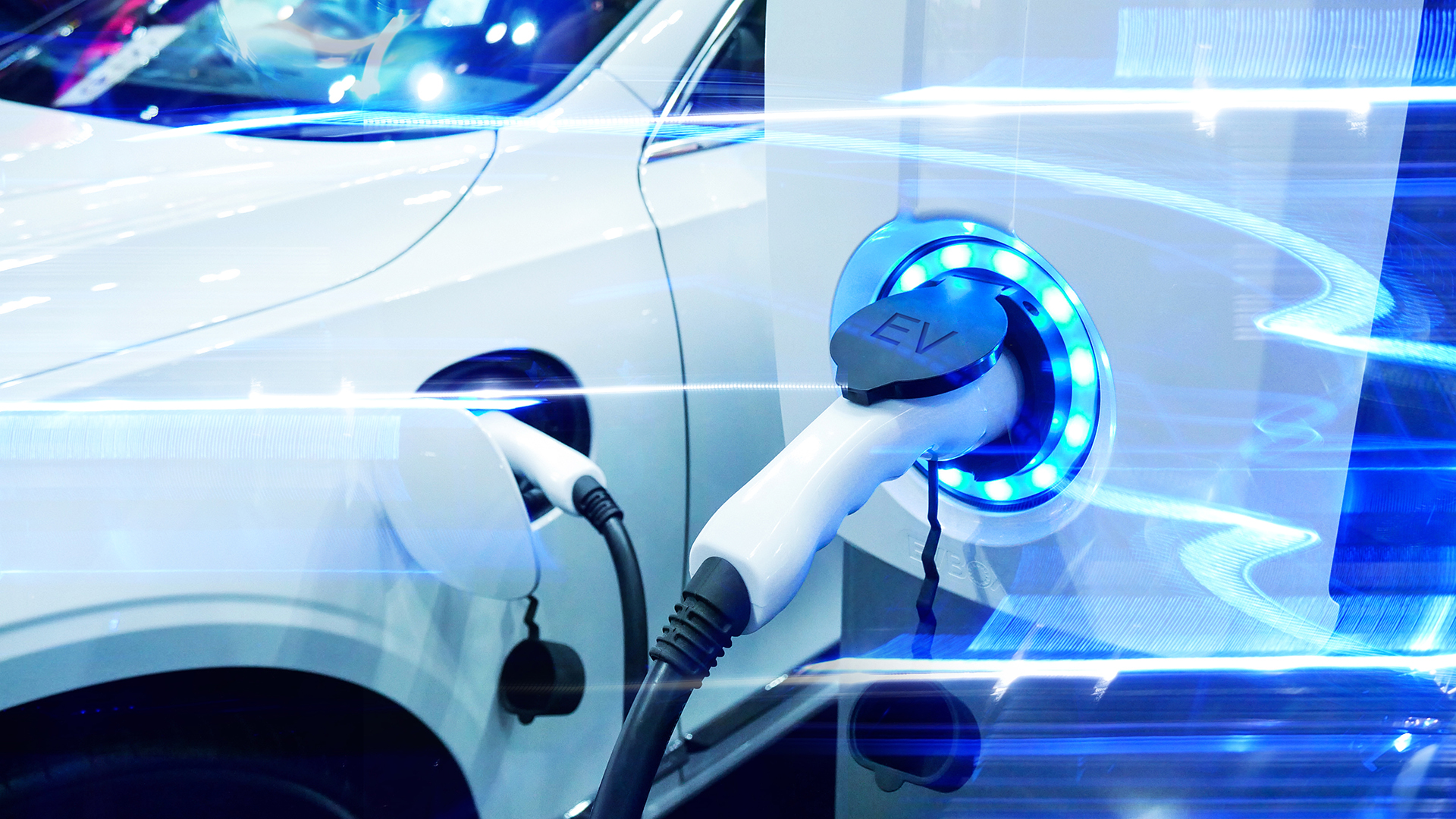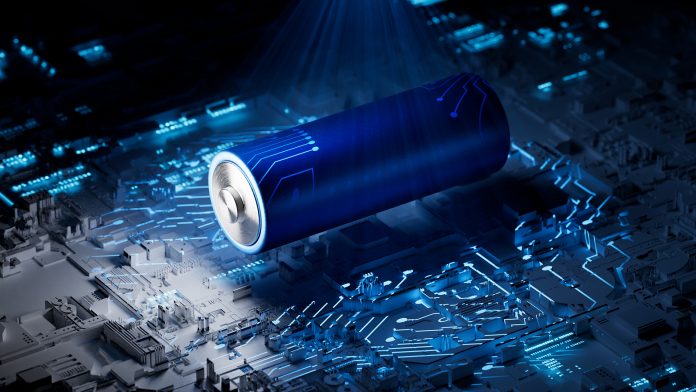Researchers from the University of Houston believe that aqueous batteries could be the key to sustainably powering a green future.
Lithium-ion batteries are the main power source utilised in most electronics, from smartphones to electric vehicles, and are expected to dominate 80% of the rechargeable battery market in the coming years. However, despite possessing a better battery capacity, efficiency, and longevity than its competitors, lithium batteries are expensive and are prone to catch fire or explode in extreme conditions.
A review, ‘Designing modern aqueous batteries,’ from two University of Houston researchers, explores how aqueous batteries with water-based electrolytes can supply our energy needs, offering increased safety, stability, and affordability.
Yan Yao, a Distinguished Professor of Electrical and Computer Engineering, explained: “The idea is to develop advanced aqueous batteries that can combine better safety and higher voltage.”
Yanliang Liang, a research assistant professor of electrical and computer engineering, added: “Our review is extensive in scope because we wanted to paint a big picture on the landscape of aqueous batteries. If we don’t understand the overall picture, we can’t know where the next opportunity will be.”
Pros and cons of aqueous batteries
Traditional aqueous batteries have poor energy density and longevity, meaning they cannot be used for large-scale applications such as grid storage or transportation. Although rechargeable aqueous batteries offer a range of advantages, such as comprising cheap and abundant materials, being non-inflammable, needing minimal requirements for manufacturing environments, simple fabrication, and high power, they also have drawbacks.

These include a narrow thermodynamic electrochemical stability window, faulty operations that could result in explosions, and low energy density. The researchers explained that novel versions using innovative materials, currently in the early stages of commercialisation, could represent the next big battery advancement.
Yao said: “The goal is to create an advanced aqueous battery that can deliver the best of both worlds. This new water-based battery will deliver better safety and higher voltage.”
How can the battery design be optimised?
Pioneering a new and improved aqueous battery will require understanding of the complex intricacies and new technologies, such as mixing and matching ion-selective membranes and coatings to lean water electrolytes and developing new types of electrode reactions and modular cell design.
The researchers explained that the target is to broaden the window of electrochemical stability, which will enable battery chemistry to perform across a wider voltage range and produce more energy.
“How we integrate the different components will have a profound impact in this field,” Liang said. “We must mix and match and try new combinations. Sometimes it will result in improvement in one area but compromises in another. We have to be realistic and keep trying to make it better and better. One day, you will have an aqueous battery with the same voltage as the lithium-ion battery, but it will be safer because it is water-based.”
What technologies could these batteries power?
Yao and Liang recently established a startup called LiBeyond, which aims to scale up and advance battery technologies developed at the university. They are confident that aqueous batteries will be pivotal in electric vehicles and other aspects of transportation to help decarbonise entire fleets and power grid-scale storage.
Yao concluded: “One of the key features of aqueous batteries is safety, which is vital in wearable technologies because you wear them directly on the body. This will be especially important when grid reliability is key, such as during hurricanes, winter storms, and other emergencies. The possibilities these modern aqueous batteries will offer once developed are endless.”









